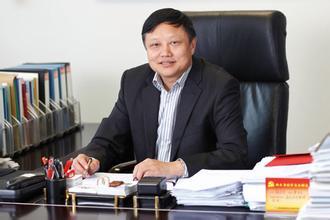The head of the Shanghai Urban Construction Group, a major state-owned company in China’s largest city, and two executives were recently dismissed from their posts for violating the Party’s disciplinary rules, according to reports.
President Pei Jianqun, the group’s Party Secretary, was found guilty for failure to supervise proper usage of public funds. A trip in 2013 for 16 employees organized by two executives was approved by Pei, according to the Shanghai Commission for Discipline Inspection in a Dec. 23 notice.
The Shanghai agency pointed out that the trip was arranged in the name of a “project inspection” and that false reports were concocted. Both the Secretary of the Party group in the company, as well as the secretary of Party discipline—that is, the one meant to keep others in line—were implicated and had “failed in their responsibilities,” the notice said.





